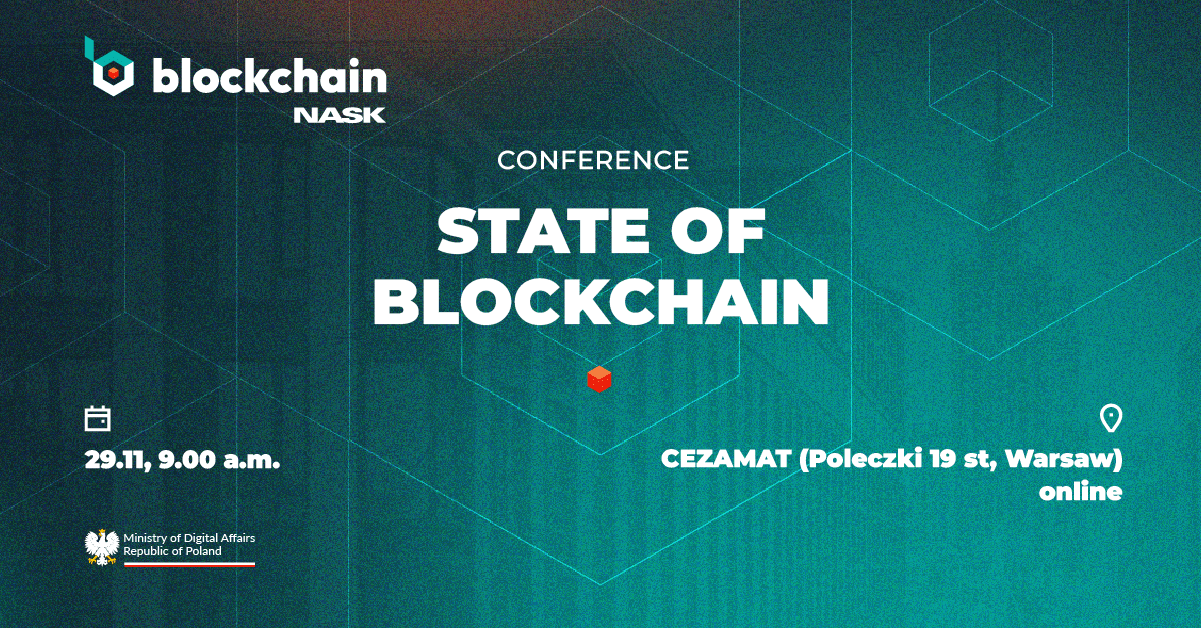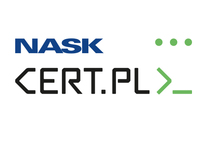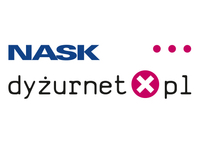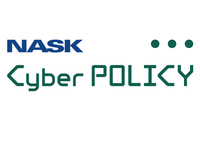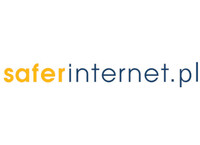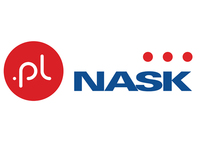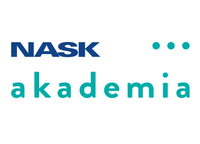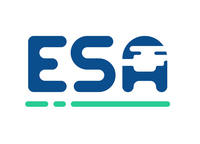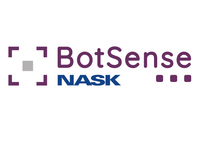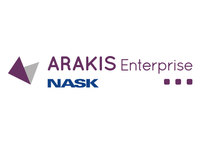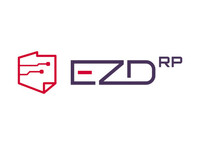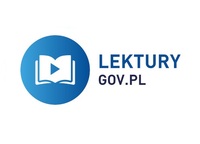The use of blockchain in the broadly understood public sector is the subject of the “State of Blockchain” conference organised on November 29 in Warsaw by the NASK National Research Institute.
We want to discuss successful or promising applications of blockchain in the wider public sector, as well as the necessary or expected state intervention in the area of legislation, regulation or policy that will facilitate digital transformation using blockchain in administration or sectors affected by the State. During the conference, you will be able to meet with respected experts and practitioners who will share their knowledge and experience with you.
“State of Blockchain” – what, where, when?
We will meet on 29 November 2023 at 9.00 a.m.
The conference will take place in a hybrid formula – stationary (CEZAMAT, Poleczki 19 Warszawa) and online. Admission is free.
Agenda
|
9:30-9:40 |
Official opening |
|
|
9:40-9:45 |
Card of the Host |
|
|
9:45-11:00 |
EBSI – European cooperation – European Blockchain Partnership – which will give Europeans cooperation in cross-border projects based on the EBSI network |
|
|
11:00-11:30 |
coffee, tea |
|
|
11:30-12:30 |
Cybersecurity of blockchain
|
Blockchain at the service of society: Innovation and transformation in public administration |
|
12:30-13:15 |
Tokenisation of real estate |
|
|
13:15-14-15 |
lunch |
|
|
14:15-14:45 |
Does DAO make sense in public sector projects? |
|
|
14:45-15.30 |
Dilemmas of Electronic Identification and Sovereign Identity |
|
|
15:30-16:15 |
Is decentralisation expected? |
|
|
16:15-16:45 |
coffee, tea |
|
|
16:45 – 17:30 |
Will the new European financial market regulations change the state? |
|
|
17:45-19:30 |
Cocktail |
|
Registration
In the case of a stationary conference, we encourage you to arrive by public transport or taxi due to the lack of parking spaces
Contact about the conference: blockchain.konferencja@nask.pl
Blockchain is a technology that automates trust in procedures and processes. This builds the potential of blockchain in the public sector, where authenticity, verification, integrity, speed are crucial for good governance. On the other hand, transparency, decentralisation, privacy, security, which can also be provided using the features of blockchain technology, provide an opportunity for better organisation of the state, economy, administration, as well comfort and security of citizens.
Will the tokenisation offered by blockchain technology improve the standards of public services? Is decentralisation expected and needed?
NASK is the operator of the first Polish node of the European blockchain EBSI network, which operates thanks to the support of the EU Member States and the European Commission, as well as Norway, Liechtenstein and Ukraine, giving the opportunity to offer cross-border services, thereby strengthening European integration and improving the conditions for mobility of Europeans. By building a team supporting the node and cooperation in extensive international consortia implementing selected pilot services, NASK wants to develop competences around electronic identification services, verifiable credentials, as well as deepening the ability to ensure cybersecurity of disruptive technologies, including blockchain.
Blockchain includes security elements such as cryptography, electronic signatures, public and private keys, consensus schemes, smart contracts, identity control. This makes us talk about technology that ensures data safeguarding and integrity, access verification, transaction authentication, traceability and privacy. Such systems are safe by assumption and in theory. We have reached the development stage when we know that blockchain can be designed and implemented to ensure security. This requires cooperation with product developers and platforms with cybersecurity experts. We have the potential for technology applications but we need to identify the problems, trade-offs and effects of interaction with other technologies.
